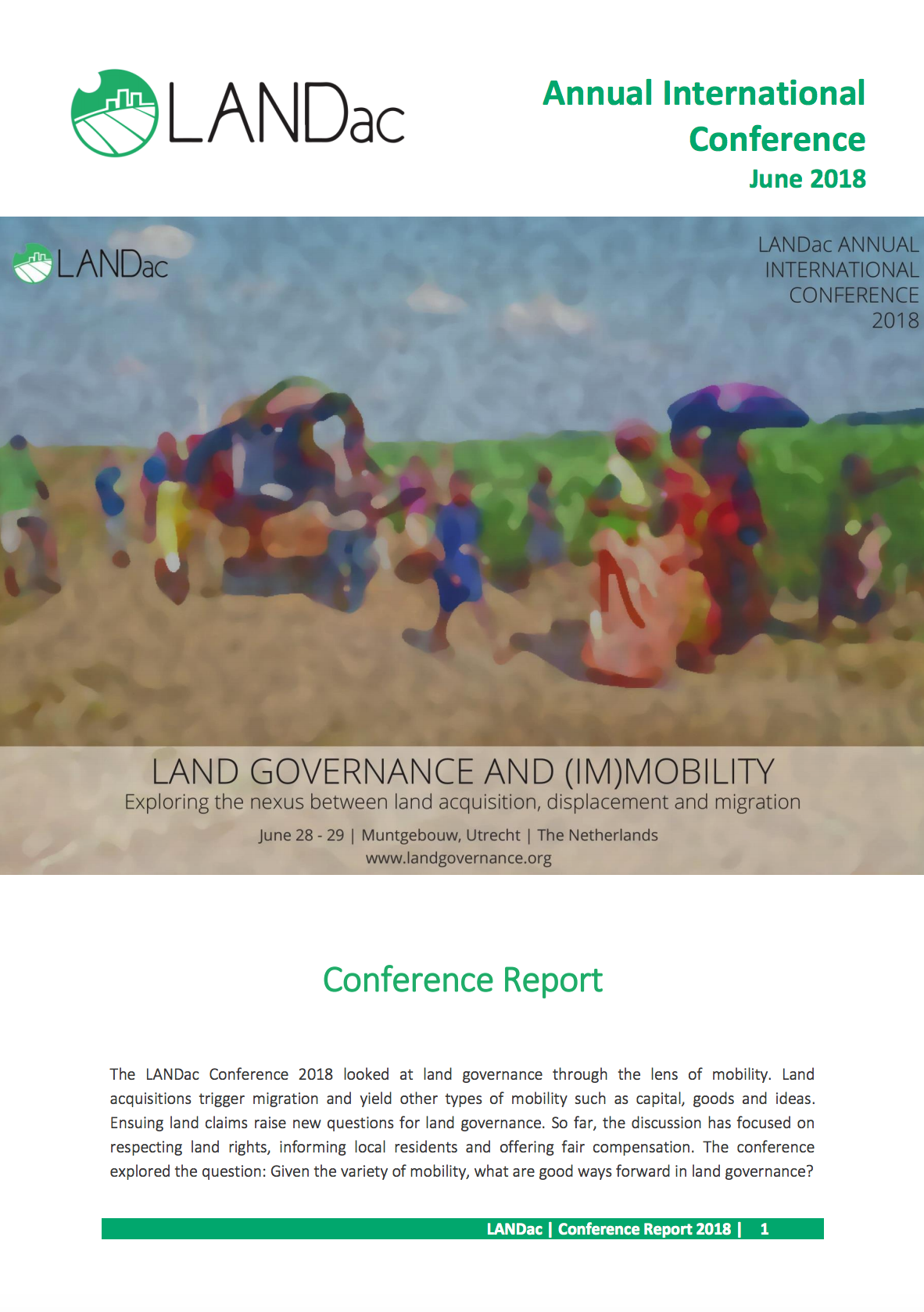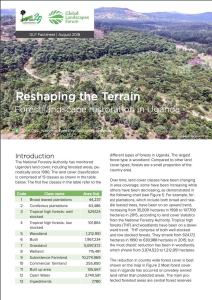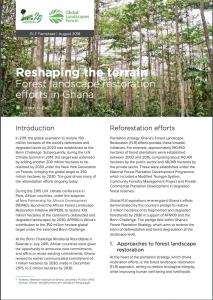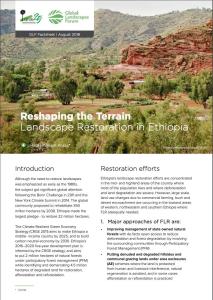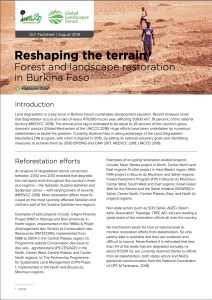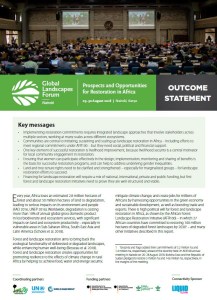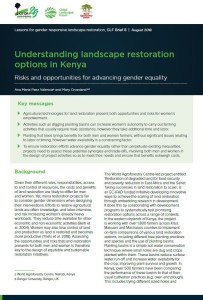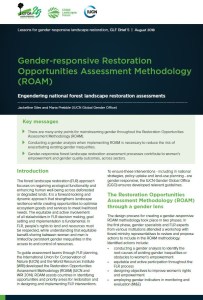Addressing Forest Governance Challenges in the Greater Mekong Subregion
The European Union funded Voices for Mekong Forests (V4MF) project conducted a set of forest governance and capacity needs assessments in late 2017 and early 2018 to assess the state of forest governance in five GMS countries: Thailand, Lao PDR, Myanmar, Cambodia, and Viet Nam.


